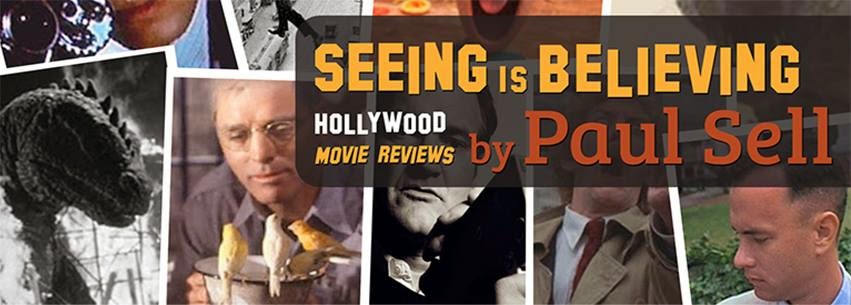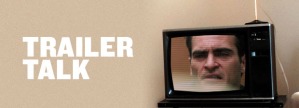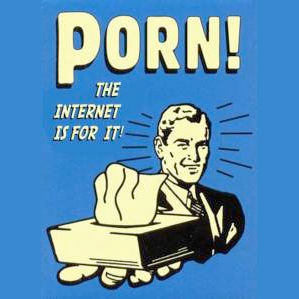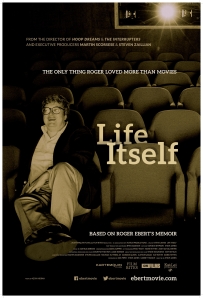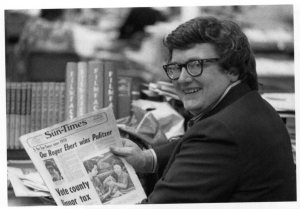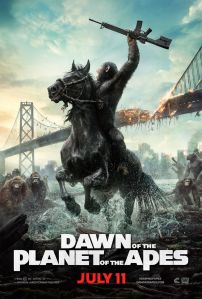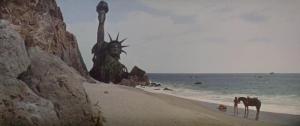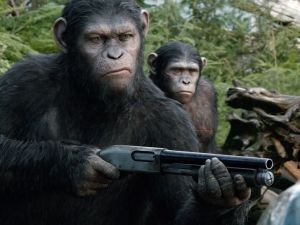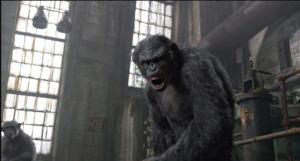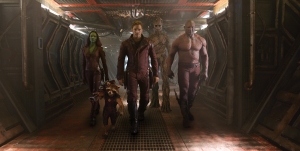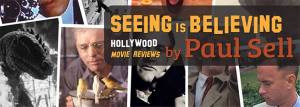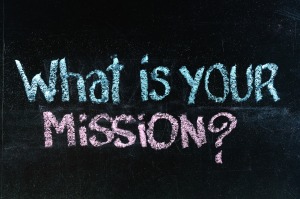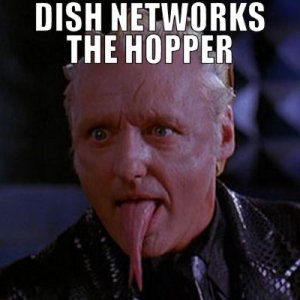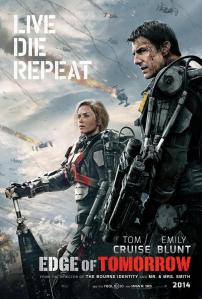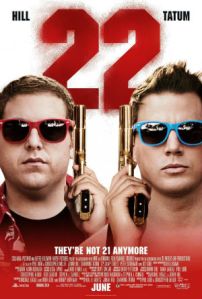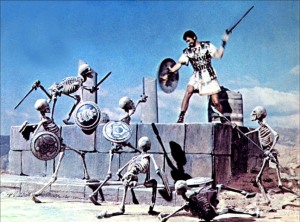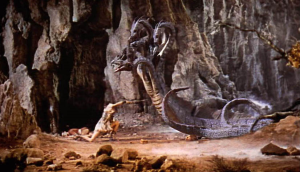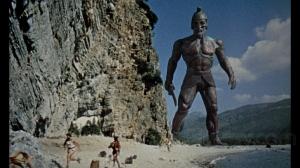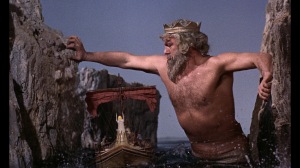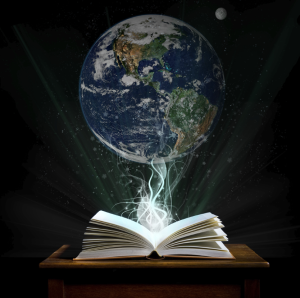
One of the often forgotten parts of storytelling is the story world, and it is one of the more important aspects. The world in which the story takes place can help shape a character into an infinite number of possibilities, much like our world can shape us. Other times, it can take on a life of its own and have a range of emotions and settings.
This is one aspect that can make film analysis so much fun. There are endless possibilities for a story world and what it can bring to the story. Will it be harsh and unforgiving, like in "Seven" or "Ikiru"? Will it be adventurous and exciting, like in the "Indiana Jones" films? Or will it be mysterious and unexpected, like with "The Maltese Falcon" or "North By Northwest"?
But this brings up a point that I've learned about story world over the years. Something that has helped me to appreciate certain films more than I normally would: That every single film takes place in its own little world.
That the film has its own custom-made world, with its own set of rules and boundaries. This is obvious for certain films that don't take place on our earth, like "The Lord Of The Rings" or "Star Wars," but even the ordinary films too, like "The Lady From Shanghai" or "The Birdman Of Alcatraz."
No matter how close the film may seem to our reality, it is still different enough that it warrants its own unique world, separate from any other world.
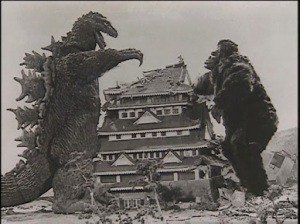
So why do I do this? For starters, I use it to explain away certain gaps in logic and reality. Let's use the Godzilla films as an example, or any other giant monster movie. If Godzilla were to attack Japan in our reality, nothing would come from it. A creature of Godzilla's mass, size and strength could not even be able to stand up, let alone terrorize Tokyo.
But, if you substitute our world with a custom-made world, where the laws of gravity and physics don't apply in the same way they do here, then you can have a 100-meter fire-breathing dinosaur destroy major cities.
Those problems fade away when you remove yourself from our reality and try to think about the film in terms of its own logic and laws. Thus, you are less distracted by nit-picky plot points and can focus on more important matters.
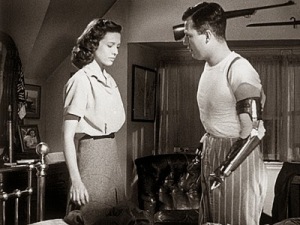
However, some films thrive on being related to certain events in history, like "The Manchurian Candidate," "The Best Years Of Our Lives" and "Amadeus." Part of the reason these films work as well as they do is because they speak to the world and tell them something that they need to hear or remember.
Suddenly, if you think about that film in its own little reality, it might lose some of its meaning.
But that's the beauty of storytelling. There will always be their inherent trait within us to relate what we see with our own reality. Even though we may see "Godzilla" taking place in its own world, we still remember how it is reflected upon our universe and that its message of atomic testing and the advancement of weapons have an impact on us.
There is always going to be that shared point between the true reality and the film reality. That point where we can see how this world came to be and how it operates, but also how it was shaped by our world. It is why we can relate to characters like George Bailey, Atticus Finch and Marge Gunderson. They live in a world not so different from our own and have the same desires as us: To live our their lives freely, prosperously and happy.
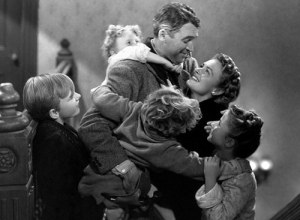
If you remove that shared point, which so many bad films do, like "Battlefield Earth" or "Sharknado," then you remove the humanity in your film, thus giving your audience no reason to care about your characters.
It is about finding that balance between the two worlds where the audience can understand both. Because film is a gateway into another reality, or at least another perspective. We see how certain beliefs, actions or events in history can have an impact on this new undiscovered world. It is up to you as the audience to explore this new territory and find what is worth bringing back home.
That is why it is fun to think every film takes place in its own little world. Not so different from ours, but at the same time, worth looking into.
